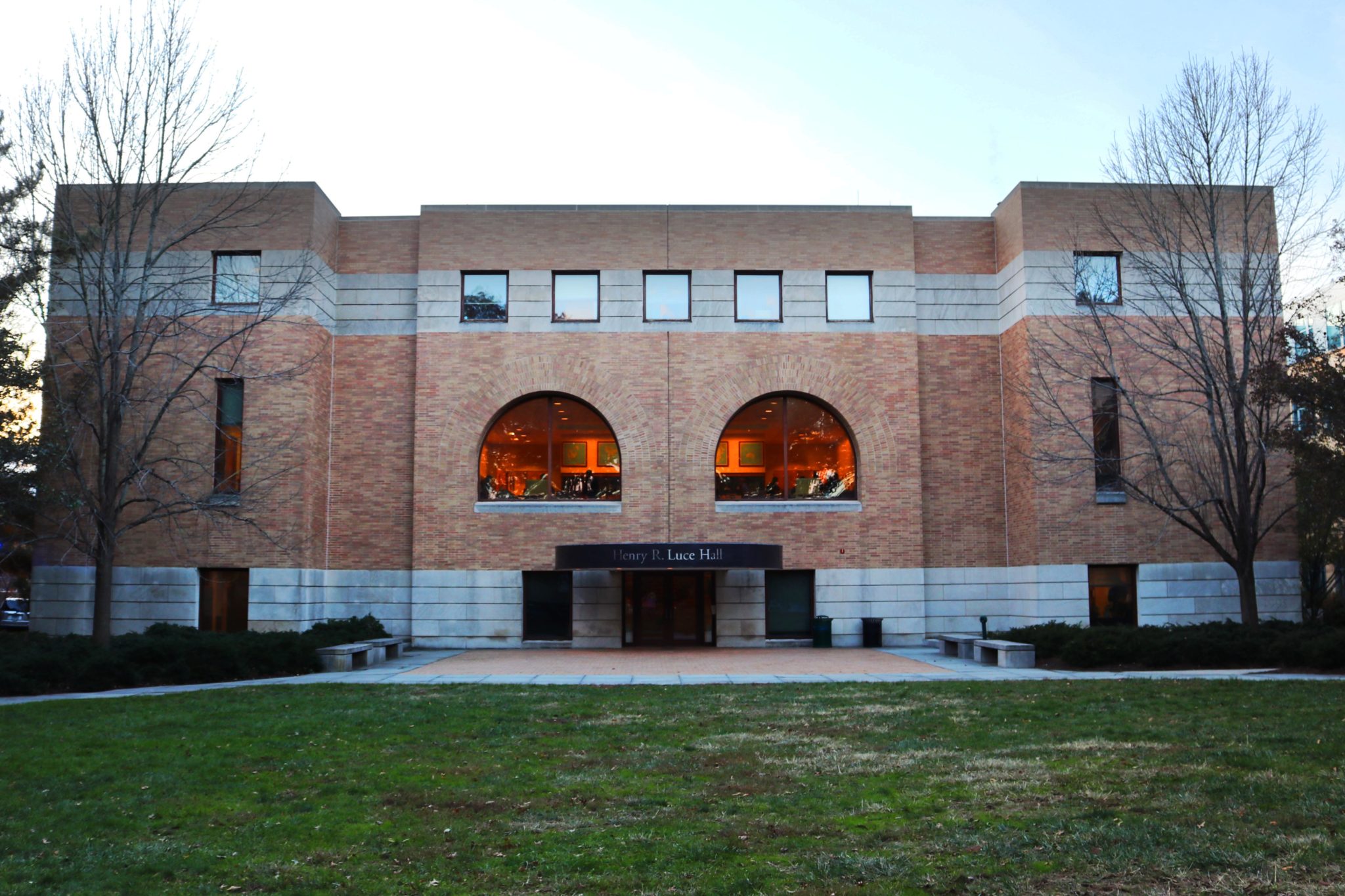Yale hosts Ethiopia conference amid social media controversy, disinvites speaker
Ethiopia expert Professor Ann Fitz-Gerald removed from Macmillan Center event moderated by CNN reporter Nima Elbagir, sparks social media backlash.

Yale Daily News
On Tuesday, Yale’s Macmillan Center hosted a panel on the situation in Northern Ethiopia, where Tigray People’s Liberation Front forces have taken over the Ethiopian government’s control of the Tigrayan region. The event has generated backlash on social media amid the revelation that Ann Fitz-Gerald, a professor and expert on Ethiopian affairs from the Balsillie School of International Affairs in Canada, was disinvited from speaking at the conference.
The talk, entitled “Responding to the Crisis in Northern Ethiopia,” was moderated by CNN award-winning reporter Nima Elbagir, and featured Democratic Sen. Chris Coons LAW ’92 DIV ’92 of Delaware and Republican Sen. Thom Tillis of North Carolina, who serve on the Senate’s Human Rights Caucus. While over 1,200 participants attended the virtual event, thousands more responded negatively on social media — accusing the conference of not including Ethiopian voices and of silencing objective sources, including Fitz-Gerald.
“I had no objection to being asked to stand down from the event,” Fitz-Gerald said. “I understand that others did complain on the basis that Ethiopian voices were not represented at the event.”
Still, many groups expressed concerns that the panel was not representative of varying opinions.
The Global Ethiopian Scholars’ Initiative and People to People, organizations which combined include over 10,000 global Ethiopian scholars, sent a letter of concern to Director of the Genocide Studies Center David Simon.
“While we fully applaud your perspicacity to foster discussions addressing the humanitarian crisis in that troubled country, we are dismayed by the homogeneity of the list of participants you have invited to the event,” the letter read. “As you very well know, the crisis in Ethiopia is complex and multifaceted, requiring a thoughtful, objective and evidence-based analysis.”
During Tuesday’s talk, Simon emphasized that the center actively tried to host an objective discussion.
“We were anxious to have a widely representative group discussing this,” Simon said in the discussion. “We didn’t want to have a partisan argument between one side and the other over their perspectives.”
But others disagreed on the panel’s objectivity. Journalist Hermela Aregawi garnered thousands of likes on Twitter after criticizing Yale for what she calls “a propaganda panel.”
As an ethnic Tigrayan herself, Aregawi told the News she feels that international media has been propagandized into believing there is a genocide against ethnic Tigrayans by the Ethiopian government — while this may not necessarily be the case given that the TPLF is responsible for human rights abuses in the region, she said.
“Non-Tigrayans are being killed for their ethnicity, for their non-willingness to be a part of TPLF,” Aregawi said. “You’re actually hurting the victims and future victims of genocide when you have a panel like this hosted that flips the narrative.”
Nebiyu Asfaw, co-founder of the Ethiopian American Development Council, similarly expressed his frustration over the “biased and one-sided” nature of Tuesday’s event.
Asfaw explained that the TPLF staged a military coup to overthrow a democratically-elected government — an action which he said the panel on Tuesday seemed to be in support of when it pushed for the label of genocide.
“What we find very frustrating as Africans is that people in the West think they can speak for us,” Asfaw said. “That panel should have had a voice from the Ethiopian community.”
Simon responded to dissatisfaction over representation by claiming that the Genocide Studies Program made “considerable efforts to include Ethiopian participants”, but that those he invited declined to participate “citing fears for their own safety or security.”
“While we regretted that it meant that there would be no Ethiopian participants in the event, we felt that the lack of space for non-partisan expression underscored the necessity of talking about the polarized atmosphere in [Ethiopia],” Simon said in a statement.
Criticism from Asfaw and others drew large publicity in the lead-up to the event. Yoftahr Gebry, co-founder of United for Brighter Ethiopia, expressed his wish that the University “tell the truth” about the situation in Ethiopia in an unbiased manner.
Simon responded to criticism over alleged bias at the event by claiming that what commentators considered one-sidedness may likely reflect their own bias.
“The event generated a thoughtful discussion about what genocide is, when genocide risks occur, how that lens might apply to Ethiopia, and what can be done about it,” he said. “I don’t believe that the participants expressed any systematic bias in doing so.”
The Genocide Studies Center was founded in 1998.







